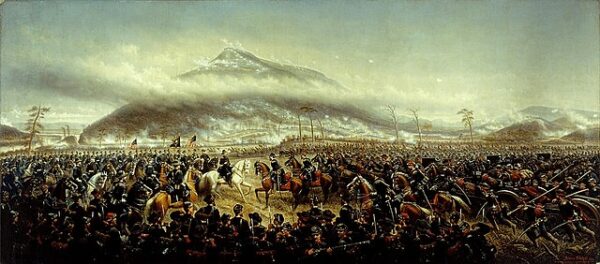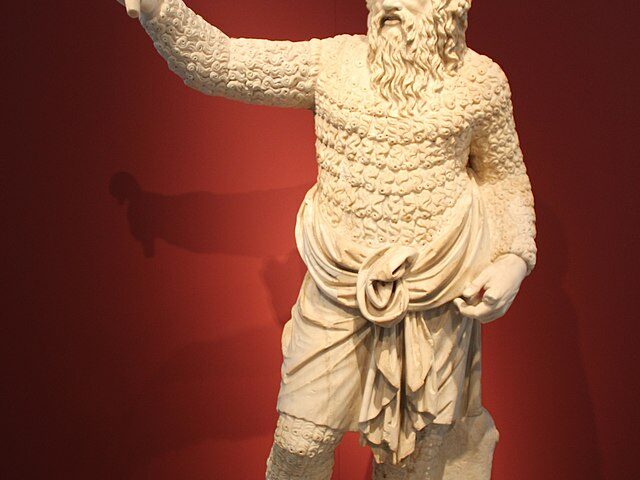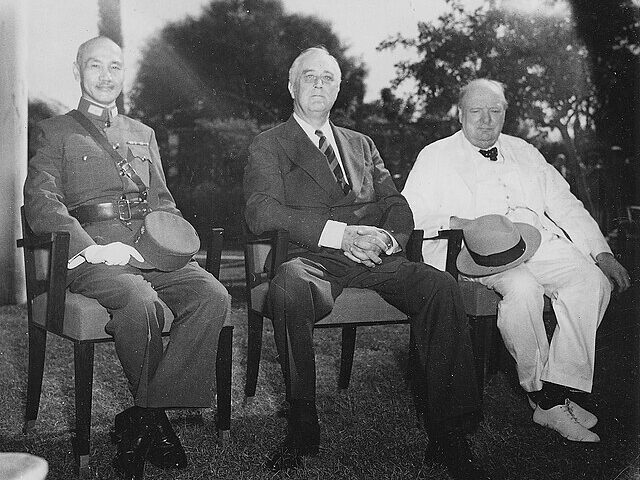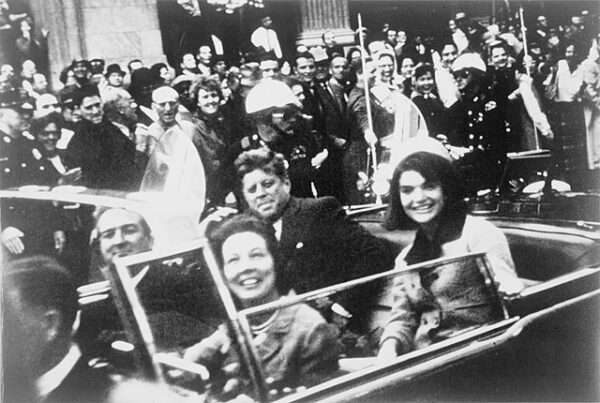On November 25, 1999, a five-year-old boy from Cuba was found on Thanksgiving day holding on to an inner tube a few miles off of the coast of Ft. Lauderdale, Florida. Fishermen rescued him and took him to a hospital for treatment. Elian Gonazlez’s…
Read MoreOn November 24, 1863, Union forces launched one of the most visually dramatic and symbolically powerful actions of the American Civil War: the assault on Lookout Mountain, a towering, fog-shrouded massif that loomed over the desperately besieged city of Chattanooga, Tennessee. The engagement—popularly remembered…
Read MoreAustralopithecus afarensis, a pivotal hominid species in the human evolutionary timeline, was discovered in the Afar region of Ethiopia on November 24, 1974, by paleoanthropologist Donald Johanson and his team. This ancient species, which thrived between 3.9 and 2.9 million years ago, is best…
Read MoreOn November 23, 534 BC, in the city of Athens during the festival of the Great Dionysia, a figure from the rural deme of Icaria stepped onto a wooden platform and changed the trajectory of Western storytelling. His name was Thespis. By tradition—and according…
Read MoreBorn in 1911 in Hazlehurst, Mississippi, Robert Johnson was so good at playing the blues that some believed he made a deal with the Devil. His life was shrouded in mystery and folklore, contributing to the enigmatic aura surrounding him. Johnson is widely regarded…
Read MoreOn November 23, 1644, John Milton, the renowned English poet and intellectual, published Areopagitica, a pamphlet that would go on to become one of history’s most eloquent and enduring defenses of free speech and a powerful critique of censorship. Written during a time of…
Read MoreOn November 22, 1943, as the Second World War entered what Allied leaders increasingly believed would be its decisive phase, President Franklin D. Roosevelt, Prime Minister Winston Churchill, and Generalissimo Chiang Kai-shek gathered in Cairo to confront the future of the war against Japan—and,…
Read MoreThe assassination of President John F. Kennedy in 1963 was a watershed moment in American history, shaping the nation’s trajectory and leaving an indelible mark on the collective psyche. Kennedy, a charismatic and youthful leader, was gunned down in Dallas, Texas, while riding in…
Read MoreNovember 21, 1920, entered the lexicon of Irish history as “Bloody Sunday,” a day when violence in the Irish War of Independence erupted with unprecedented ferocity and irreversible consequences. In the space of a few hours, the conflict between the Irish Republican Army (IRA)…
Read MoreOn November 21, 2019, Elon Musk and Tesla made waves in the automotive world by unveiling its highly anticipated Cybertruck at the company’s design studio in Hawthorne, California. The event, filled with Tesla’s characteristic flair, was meant to showcase a futuristic electric vehicle that…
Read More










